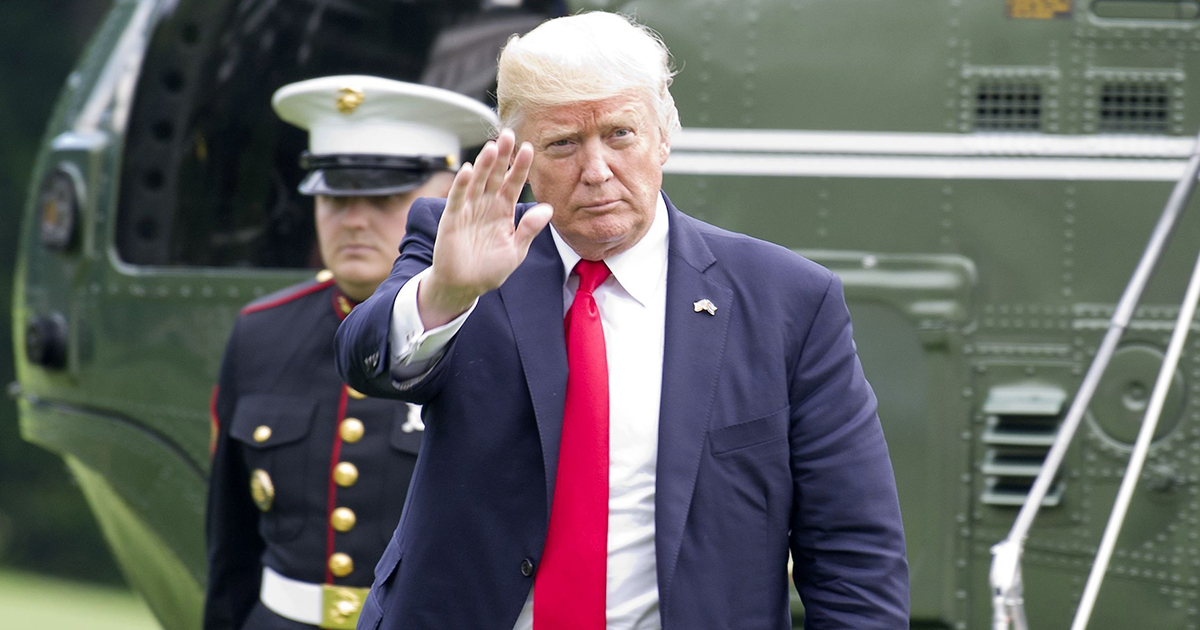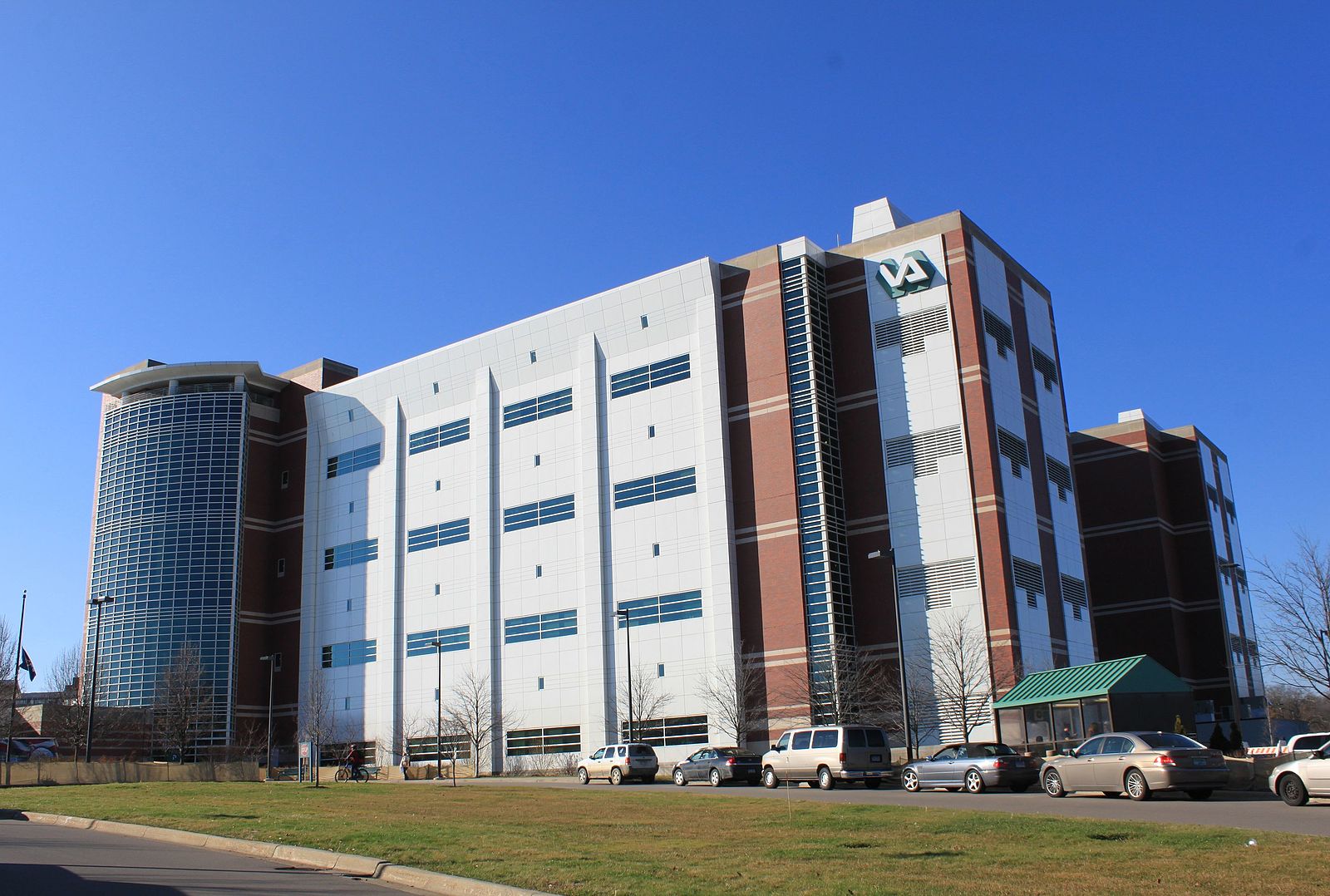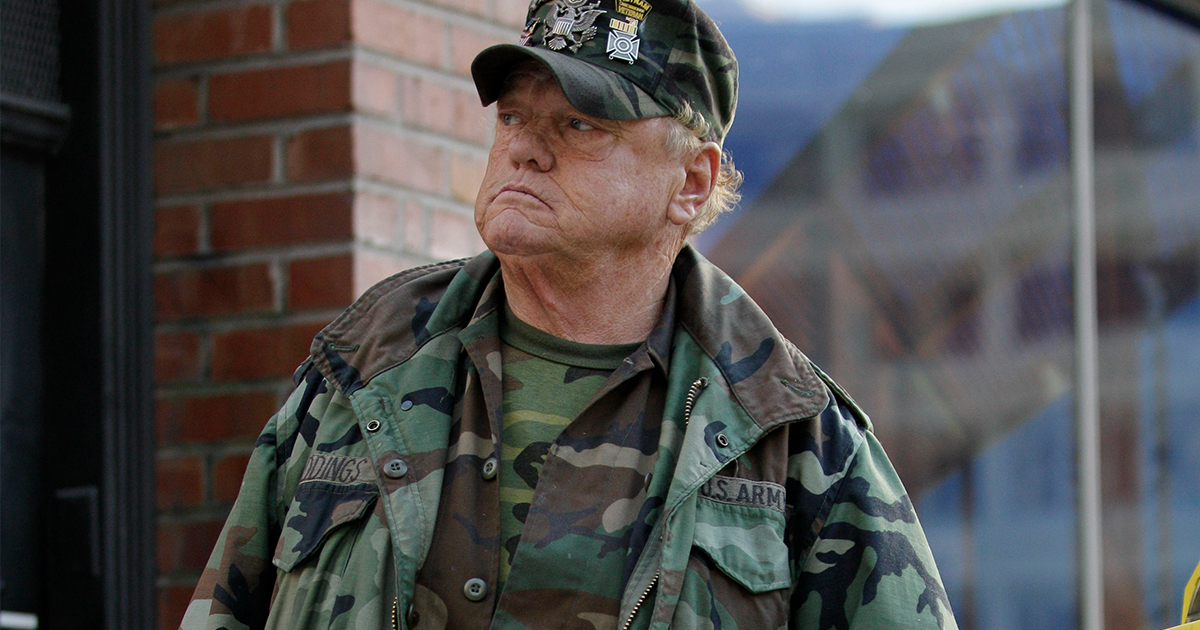Where Trump's VA Reform Legislation Falls Short

By:
President Donald Trump campaigned on a promise to fix the Department of Veterans Affairs (VA)—and on Friday, he signed legislation aimed at fulfilling that promise. Still, some aren't convinced that the reform measure goes far enough.
 REX/Shutterstock/AP - apimages.com
REX/Shutterstock/AP - apimages.com
What does the legislation Trump signed do?
- The "VA Accountability and Whistleblower Protection Act of 2017" establishes an office within the department that oversees whistleblower complaints and bolsters protections for employees who report on misconduct.
- It also empowers leadership within the VA to reprimand, demote, or fire employees in order to increase accountability in the department. It also reduces the amount of time that employees accused of misconduct can appeal their disciplinary action.
"As you all know all too well, for many years the government failed to keep its promises to our veterans," Trump said on Friday. "We all remember the nightmare that veterans suffered during the VA scandals that were exposed a few years ago."
"Veterans were put on secret wait lists, given the wrong medication, given the bad treatments, and ignored in moments of crisis for them," he said. "Many veterans died waiting for a simple doctor’s appointments. What happened was a national disgrace."
Though the legislation represents a step in the right direction, the problems at VA hospitals—which are responsible for providing health care for about 9 million veterans—remain varied and complex. Those problems include addressing employee dissatisfaction (the department ranks second in most unpopular government agencies to work for), reducing the backlog of 93,000 disability claims, and ramping up hiring of medical professionals, The San Diego Union-Tribune reported.

Some veterans advocates have long been skeptical that streamlining firings and the whistleblower process will comprehensively remediate the scandal-plagued department. And one area of improvement that has been cited by former VA officials is recruitment.
Last year, former VA Secretary Robert McDonald and Deputy Secretary Sloan Gibson wrote an editorial for The Wall Street Journal titled, "The VA Can’t Just Fire Its Way to Excellence."
"You can’t fire your way to excellence," the former officials wrote. "You have to inspire the people you keep to do better, and you have to recruit and inspire new talent. You can’t do either by capriciously punishing people on the basis of unsubstantiated rumors, complaints, or media reports."
Efforts to fill vacant positions at the VA, including health provider roles, were delayed for three months after Trump authorized a federal hiring freeze in January. That move caused a stir among department staff and veterans advocates, as ATTN: previously reported, but the freeze was lifted for select roles in April.
 AP/Eric Risberg - apimages.com
AP/Eric Risberg - apimages.com
Russel Silver Jr., an 18-year veteran who works as a vocational rehabilitation counselor at the VA hospital in Indianapolis, agrees with that point. He told ATTN: that the legislation's emphasis on firing troubled employees "feeds the negative perception" that VA workers are "all lazy, unable, and unwilling" when in reality, limited resources and ineffective recruitment are central sources of the department's shortcomings.
"I’ve had my position at VA for five years now and I can see over that time the general trend is veterans coming in with more hostility and contempt [for VA workers]," he said. "It’s a lot more of an us-versus-them mentality."
If given the opportunity to oversee reform at the department, Silver said he'd prioritize "reducing mid-management positions and increasing direct [medical] provider positions," in order to enhance veteran care while resolving some of the issues that have emerged as a consequence of departmental bureaucracy.
